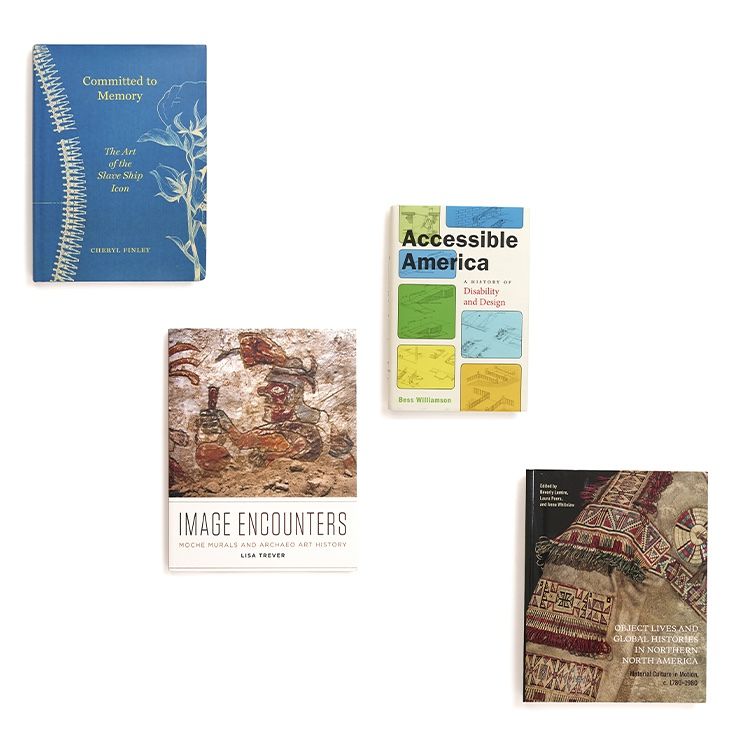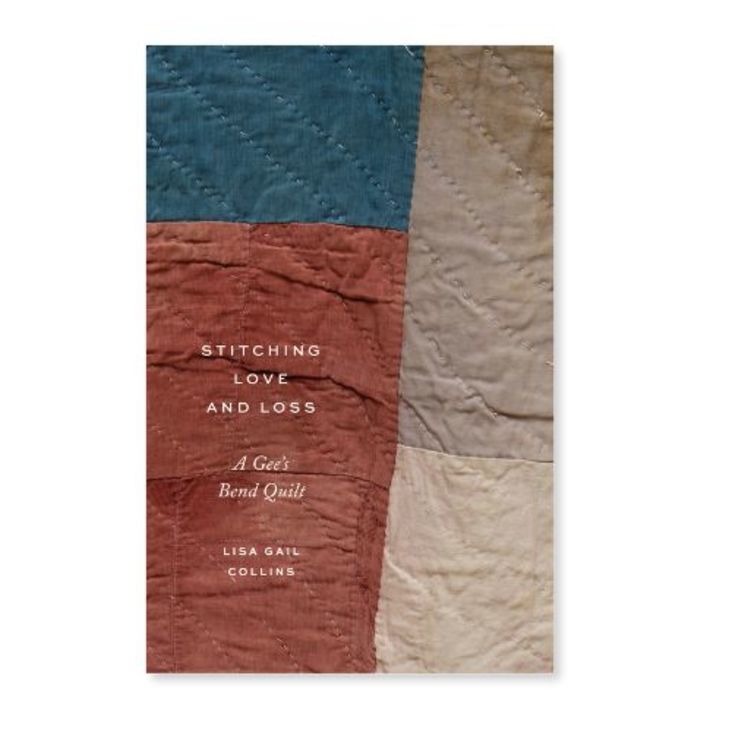Georgios Boudalis gave a Brown Bag Lunch Presentation on March 2, 2015 at the Bard Graduate Center. His talk was entitled “The Making of the Early Codex and the Crafts of Late Antiquity.”
The codex book format – that is, the book as we know it today - was invented around the 2nd century AD in the Middle East in close connection with Christianity, and by the 5th century had almost completely supplanted the scroll, the standard form of the book during Greco-Roman Antiquity. Since its invention the codex has been the major doctrinal vehicle for Christians, Muslims and Jews and therefore had great symbolic and religious connotations. Nevertheless, as a complex, three-dimensional, functional object it is made up of a number of technical and decorative features, the main ones being the sewing of the gatherings of the book-block, the connection of the boards to the book-block, the sewing of the endbands, the working and decoration of the covers, and the making of fastenings. Each of these components presents specific particularities and similarities with crafts, artefacts and techniques common in the Eastern Mediterranean during Late Antiquity. The talk focused on these similarities in order to stress the fact that despite its great symbolic and religious weight the book as a physical object was made with materials and techniques borrowed from very ordinary and humble everyday objects such as socks, shoes and dresses.
Georgios Boudalis has
studied fine arts in Thessaloniki and conservation of art in Florence and
Athens, specializing in book conservation. Since 2000, he has worked in book
conservation at the Museum of Byzantine Culture in Thessaloniki, Greece. In
2005, he completed his PhD at the University of the Arts in London on the
evolution of the Byzantine bookbinding tradition from the end of the Byzantine
Empire until the early 18th century. Dr. Boudalis has worked in major monastic
libraries, such as those of Mount Athos and St Catherine’s Monastery in Sinai,
where he had the chance to get closer insight into the features of the
bookbinding traditions of the Eastern Mediterranean and their interconnections
from the 10th to the 18th centuries. He has taught practical and theoretical
courses on the history of the bookbinding traditions of the Eastern
Mediterranean with special focus on the Byzantine and post-Byzantine one. His
research aims to provide a better understanding of the evolution and making of
the codex book in all its structural and decorative features, the influences
between the different bookbinding traditions, as well as the influences of
other crafts. He is currently completing a book on the endbands of the
bookbindings of the Eastern Mediterranean. Boudalis is a Research Fellow at the
Bard Graduate Center from February through May 2015. While in residence at the
BGC, he will continue his research on how different crafts have been
assimilated into the making of the early codex book.













